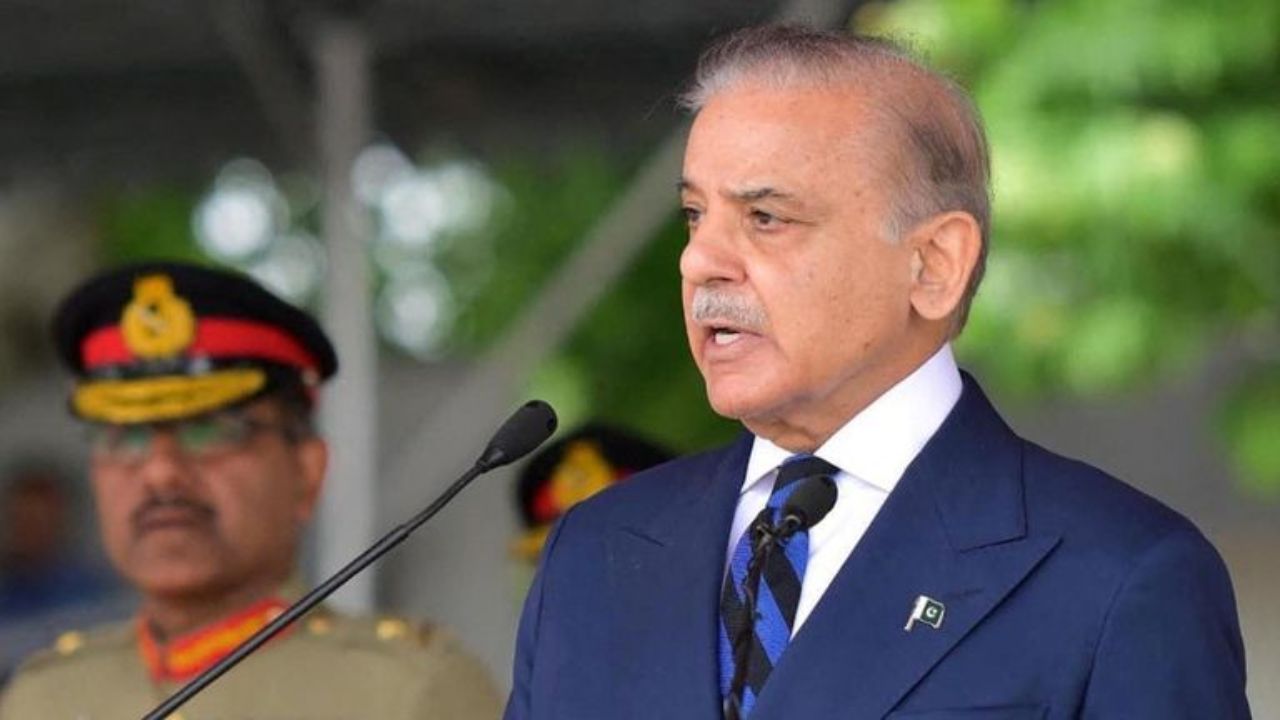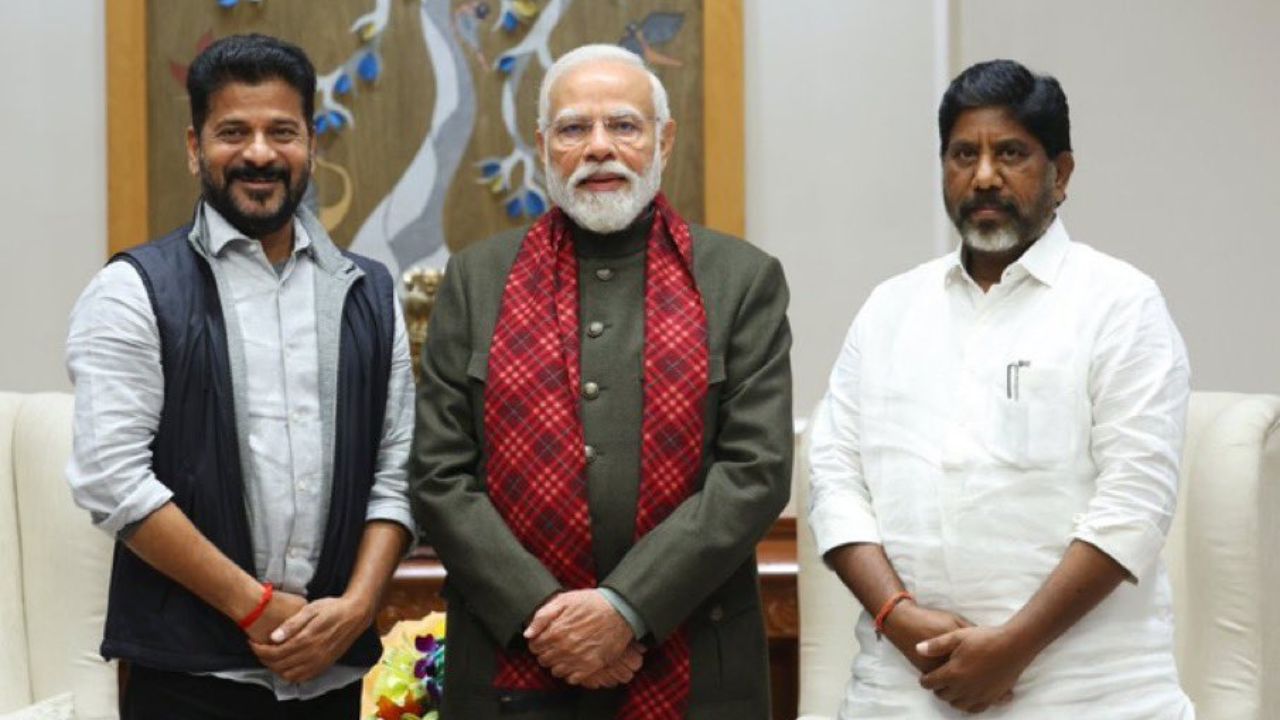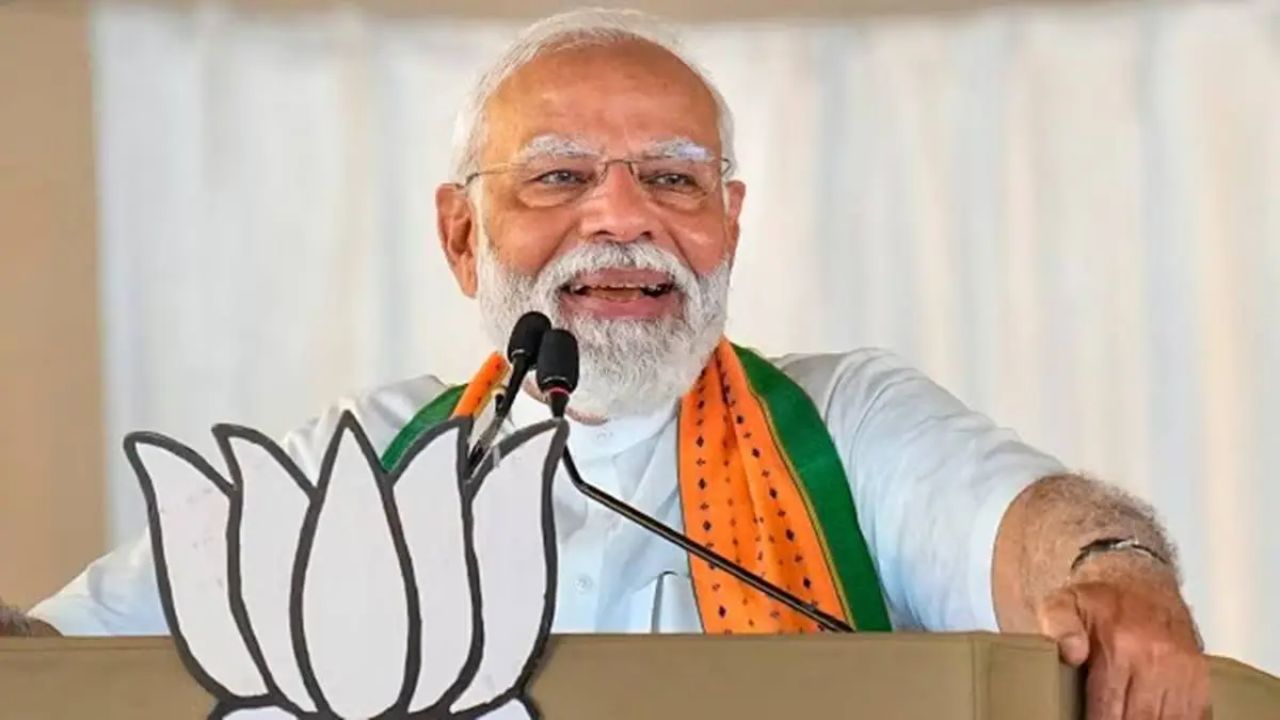With his party facing difficulties, Altaf Bukhari seeks to distance himself from the BJP label as he navigates a critical do-or-die battle in Jammu and Kashmir.
If there’s one Assembly segment that could significantly influence the future of politics in Kashmir, it’s Channapora in Srinagar. This seat's triangular contest involves three businessmen-turned-politicians, including Altaf Bukhari, founder-president of the Jammu and Kashmir

If there’s one Assembly segment that could significantly influence the future of politics in Kashmir, it’s Channapora in Srinagar. This seat’s triangular contest involves three businessmen-turned-politicians, including Altaf Bukhari, founder-president of the Jammu and Kashmir Apni Party, and the outcome is critical for their political fortunes.
Bukhari is acutely aware of this importance. Following the disappointing performance of his party candidates in the recent parliamentary elections, he is actively campaigning, going door-to-door to connect with every voter in his constituency.
Previously known as Amirakadal before the delimitation of J&K Assembly seats in 2022, Channapora was won by Bukhari as a candidate for the Peoples Democratic Party (PDP) in 2014.
The political landscape in Kashmir has undergone drastic changes over the past decade, with Bukhari emerging as a significant figure in this transformation. After his expulsion from the PDP in January 2019, he founded the Apni Party amid the political vacuum created by the abrogation of Article 370, which led to the detention of many key political leaders. This development also earned Bukhari a reputation as a BJP “proxy,” especially given his considerable wealth, with assets amounting to Rs 155 crore (including his wife’s).
This “proxy” label has contributed to the Apni Party’s struggles in recent electoral contests, including the 2020 District Development Council (DDC) elections and the recent Lok Sabha elections.
The DDC elections, introduced by the Centre as a new form of representative governance following the abrogation, were expected to benefit the Apni Party. However, they secured only 12 out of 280 DDC seats across J&K. In the recent Lok Sabha elections, Apni Party candidates failed to gain traction in any of the 36 Assembly segments they contested, even losing deposits in their home constituencies. In Channapora, the Apni Party candidate, Mohammad Ashraf Mir, garnered just 3,101 votes.
In response to the Lok Sabha results, the Apni Party has attempted to distance itself from the BJP. They are fielding 46 candidates in the upcoming Assembly elections—35 from Kashmir and 11 from Jammu. Last month, Bukhari stated, “We learned a big lesson from the parliamentary elections. The people of Jammu and Kashmir are not pleased with our support for or seeking the support of any party. We will not be part of any alliance, nor will we seek support from anyone during the Assembly polls.”
However, distancing itself from the BJP has proven challenging, particularly with ongoing accusations from rivals. Iqbal Trumboo, the PDP candidate from Channapora, remarked, “Bukhari has been on record saying there’s nothing wrong with being a BJP ally. Even BJP leaders have claimed he is their man… He may have changed his statements after the electoral setback, but who will listen to him?”
A resident of Natipora in Channapora, preferring anonymity, expressed skepticism about Bukhari’s past statements regarding his BJP connections, stating, “You never know who will ally with the BJP, but Bukhari has openly claimed to be an ally in the past, making it hard for us to trust him.”
Historically, the Channapora constituency (formerly Amirakadal) was a stronghold of the National Conference (NC), which has won it six times, while the Congress has secured it thrice and the PDP once.
Although there are eight candidates contesting, the primary competition lies between Bukhari, the NC’s Mushtaq Ahmad Guroo, and the PDP’s Trumboo.




